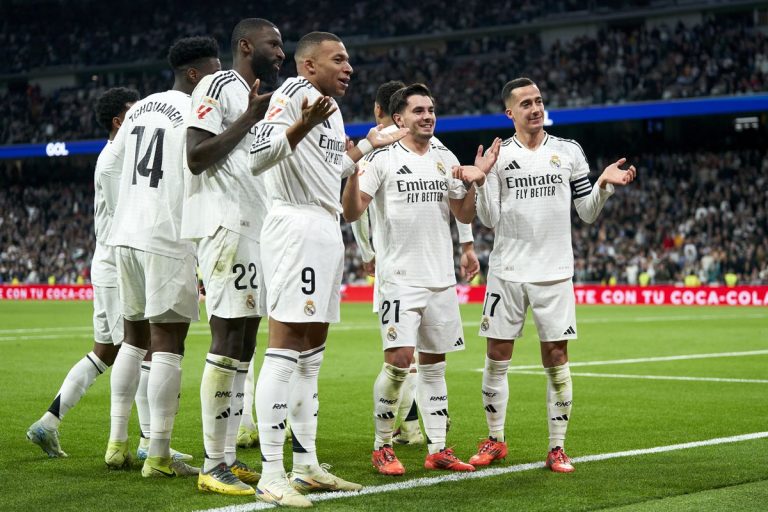Esports is a niche of gaming, the term refers to the competitive practice of video gaming which sees players compete online or in person.
Appearing in the 1970s in the United States, esports was structured around local, national, continental and international competitions.
Unlike classic sports which developed from amateur strata to become professional, esports has been structured around professional organisations and is beginning to develop its amateur practice.
The future of Gaming and esports can be measured and assessed using current sector data: 3.2 billion players, $220 billion in turnover, annual market growth of 17.8%.
These figures are those of the video game market in 2022, gaming. A market that has established itself as the world leader in the entertainment industry.
A global phenomenon, on YouTube half of all videos on the platform concern gaming. A phenomenon in France as well, video games have been the best-selling cultural product every year since 2014.
Gaming affects all populations, all territories, and can be played on mobile, computer, or console. This point is particularly important when trying to understand its growth.
If football has established itself as the number one sport, it is partly due to the spectacle it offers but above all because it presents an absolutely minimal barrier to its practice.
You can play football alone or with others, and the only material need to start playing is a ball.
Beyond brands, major institutions and states are also looking into the gaming/esport subject. The International Olympic Committee is studying the possibility of integrating esports into competition with games like “Rocket League” or “Virtual Regatta”.
Gaming tends to present the same ease of practice thanks to the different platforms that can be used. Behind every smartphone or computer owner there is a potential gamer.
The future of Gaming and esports will be multi-sector and premium. Indeed, gaming is found everywhere, is gaining market share and also benefits from demographic logic.
















